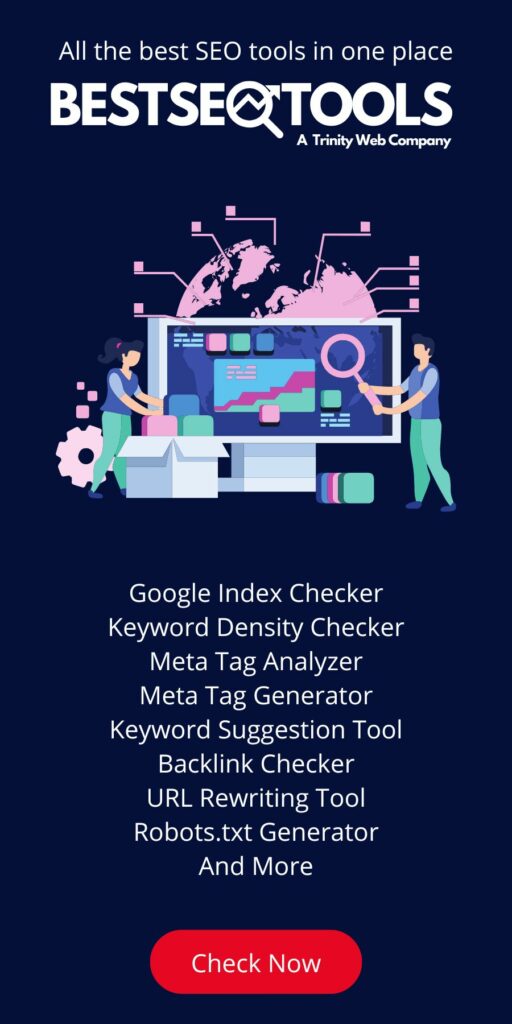In the ever-evolving landscape of software development, Continuous Integration and Continuous Deployment (CI/CD) pipelines have become essential tools for streamlining the development workflow. These pipelines automate the testing, building, and deployment of applications, ensuring a seamless and efficient development process.
Digital Ocean, a cloud infrastructure provider known for its simplicity and developer-friendly approach, offers robust solutions for setting up CI/CD pipelines. In this article, we’ll explore the key steps and best practices for configuring CI/CD pipelines in Digital Ocean, empowering you to enhance your development practices and deliver high-quality software faster and more efficiently.
Why CI/CD Matters
Before diving into the specifics of setting up CI/CD pipelines in Digital Ocean, let’s briefly discuss why CI/CD is crucial in modern software development.
1. Speed and Efficiency
CI/CD pipelines automate repetitive tasks such as testing, building, and deployment. This automation accelerates the development process, allowing you to release new features and fixes more rapidly.
2. Quality Assurance
Automated testing ensures that code changes don’t introduce new bugs or regressions. This leads to more reliable and stable software.
3. Collaboration
CI/CD encourages collaboration among development teams. Changes are tested in isolation, and multiple developers can work on different features simultaneously without stepping on each other’s toes.
4. Confidence in Deployment
With automated deployment processes, you can confidently release new versions of your software to production without the fear of human error causing issues.
Setting Up CI/CD Pipelines in Digital Ocean
Now that we understand the importance of CI/CD, let’s get into the specifics of how to set up these pipelines in Digital Ocean.
1. Choose Your CI/CD Tool
Digital Ocean provides flexibility when it comes to choosing your CI/CD tool. You can use popular tools like Jenkins, CircleCI, or GitLab CI/CD, or opt for Digital Ocean’s native solution, called “App Platform.”
2. Create a Repository
Your source code needs a home. Create a repository for your project on a platform like GitHub, GitLab, or Bitbucket. This repository will be the foundation of your CI/CD pipeline.
3. Configure Your CI/CD Tool
Depending on your chosen CI/CD tool, you’ll need to configure it to connect to your repository. You’ll define the steps for testing, building, and deploying your application.
4. Define Build and Deployment Scripts
In your project’s codebase, you’ll need to create scripts that define how your application is built and deployed. These scripts should be version-controlled along with your code.
5. Set Up Deployment Targets
In Digital Ocean, you’ll define where your application should be deployed. This could be a Droplet (virtual machine), a Kubernetes cluster, or Digital Ocean’s own App Platform.
6. Automate Testing
Configure your CI/CD pipeline to automatically run tests on your code whenever changes are pushed to the repository. This ensures that new code doesn’t introduce issues.
7. Build Artifacts
If your application requires compilation or packaging, your CI/CD pipeline will generate artifacts ready for deployment.
8. Deploy to Staging
Before deploying to production, set up a staging environment where changes can be tested thoroughly. If everything looks good, you can proceed to production deployment.
9. Continuous Monitoring
Implement continuous monitoring to keep an eye on your application’s performance and health in real-time. Tools like Digital Ocean Monitoring and third-party services can help with this.
10. Rollbacks
In the event of an issue in production, your CI/CD pipeline should allow for easy rollbacks to a previous stable version.
Benefits of Using Digital Ocean
Digital Ocean offers several advantages when it comes to setting up CI/CD pipelines:
1. Native Integration
Digital Ocean‘s App Platform provides a native, fully managed platform for deploying web applications, making it a straightforward choice for CI/CD.
2. Scalability
You can easily scale your infrastructure up or down to accommodate changing demands, all within the Digital Ocean environment.
3. Cost-Effective
Digital Ocean is known for its competitive pricing, ensuring that you get excellent value for your investment.
4. Community and Support
Digital Ocean boasts an active community and provides excellent support, ensuring you have the resources you need to succeed.
Choose Digital Ocean
Setting up CI/CD pipelines in Digital Ocean is a powerful way to enhance your development workflow. By automating tasks, ensuring code quality, and streamlining deployments, you can deliver high-quality software more efficiently.
Digital Ocean’s flexible infrastructure and native solutions like App Platform make it a compelling choice for hosting and managing your CI/CD pipelines. Whether you’re a small startup or a large enterprise, Digital Ocean provides the tools and support you need to succeed in the world of continuous integration and deployment. Take the next step in improving your development process by embracing CI/CD with Digital Ocean as your partner.





